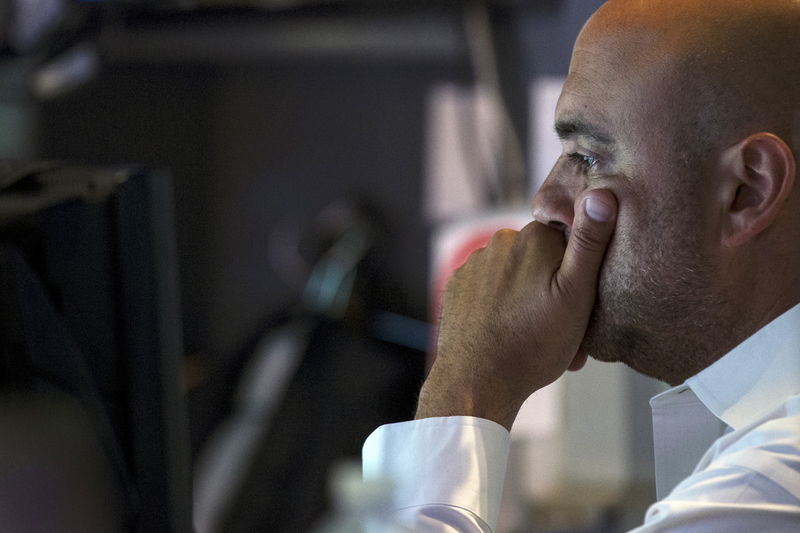Biotechnology is not just a field of scientific endeavour but a beacon of hope and opportunity.
Where mining is the business of exploring for the materials that feed the technologies of the modern world, biotechnology is the business of ideas – specifically the scientific and medical breakthroughs involving human life and the biosystems that support it.
The term takes in a broad and growing range of endeavours in the fields of genetics, molecular biology, biochemistry and cell biology.
Throw in the economies of scale and detection precision afforded by artificial intelligence (AI), and the sky’s the limit.
Exploring biotech’s potential
Applications developed by biotechnology companies can be found in almost all sectors.
The agricultural sector sees advancements in genetically modified crops for higher yields and disease resistance.
In industrial processes, biotech plays a role in developing biofuels and biodegradable plastics, while in environmental conservation, it contributes to bioremediation techniques.
In the realm of medicine, biotechnology companies are conducting the trials that will bring new therapies to market, meeting vast unmet need in human populations around the world.
Non-communicable disease is prevalent around the world today – heart disease, depression, diabetes and cancer. These killers are being targeted with a range of innovative solutions that could bring relief to millions.
Biotechnology is also making gains against communicable diseases, racing against time to bring vaccines and antivirals to market before the next pandemic hits.
New solutions to eternal challenges
Using treatments such as stem-cell therapy, immuno-oncology and targeted nuclear medicine, oncology biotechs such as Imugene Ltd (ASX:IMU, OTC:IUGNF), Radiopharm Theranostics Ltd (ASX:RAD, OTC:RDPTF), Race Oncology Ltd (ASX:RAC, OTC:RAONF), Noxopharm Ltd (ASX:NOX, OTC:NOXOF) and Prescient Therapeutics Ltd (ASX:PTX, OTC:PSTTF) are working to bring next-generation cancer treatments to market that could change the face of medicine.
One of the most remarkable advancements in this sector is the development of Chimeric Antigen Receptor T-cell (CAR-T) therapy in cancer treatment.
This approach involves modifying a patient's own immune cells to recognise and attack cancer, showing significant promise in treating certain types of leukemia and lymphoma.
A clutch of companies are breaking new ground in cannabis and psilocybin research. Emyria Ltd (ASX:EMD), Incannex Healthcare Ltd (NASDAQ:IXHL) and MGC Pharmaceuticals Ltd (LSE:MXC, OTC:MGCLF, ASX:MXC) are harnessing these substances for novel uses, combatting a diverse range of indications including anxiety and depression, obstructive sleep apnoea and irritable bowel syndrome as well as for palliative care.
Other medtechs are repurposing safe, existing molecules to combat mosquito-borne disease – see Island Pharmaceuticals Ltd (ASX:ILA) – while others, such as Recce Pharmaceuticals Ltd (ASX:RCE, OTC:RECEF), are developing solutions for growing antimicrobial resistance in the community, which is rapidly rendering useless many of the antibiotic solutions to disease we’ve relied upon for so long.
AI in the mix
AI is pushing the boundaries of healthcare, with companies such as Genetic Technologies Ltd using AI predictive models to identify predispositions and allow people to take control of their health with preventative measures.
Future directions in biotechnology are as exciting as they are varied. The development of CRISPR gene editing technology promises revolutionary changes in medicine and agriculture.
Biotechnology also paves the way for advancements in synthetic biology, which could lead to the creation of new biological systems. Furthermore, the integration of artificial intelligence in biotechnology is expected to enhance drug discovery and genetic research.
From an investment perspective, these companies represent a dynamic and potentially lucrative sector.
The field's rapid growth, driven by technological advances and increasing demand for biotech solutions in healthcare and other industries, presents considerable financial opportunities.
As we stand on the brink of a biotech revolution, which promises to address some of our most pressing challenges, the possibilities for both humanity and investors are vast and profound.
